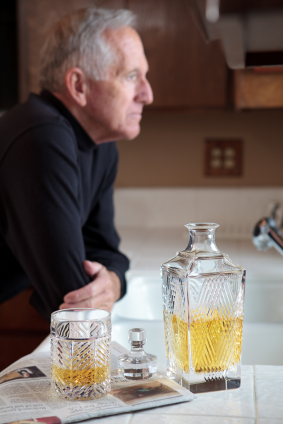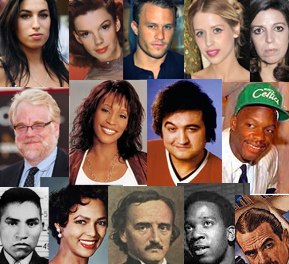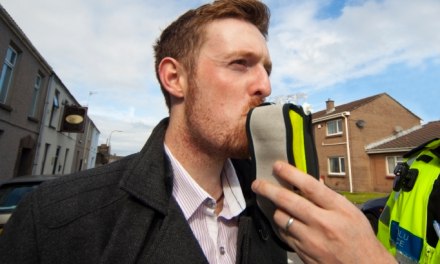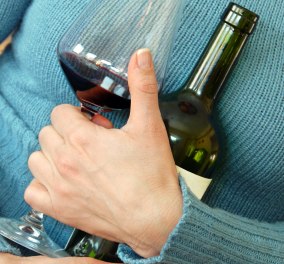I’ve been in recovery more than two years now and feel I have a pretty good handle on that aspect of my problems. But I recently entered a program for PTSD and the first thing the therapist wanted to know was why I drank. I told her because I was an alcoholic and that’s what we do. She refused to accept that and implied I was still in denial. What do you think?”
Why do alcoholics drink? Billions of man-hours have been devoted to that question. Partly because of the traditional view of alcoholism as a self-induced disorder. Which led to the question: why would anyone volunteer to be an alcoholic?
Psychoanalysis answered: Because of deep seated conflicts rooted in childhood. Early behaviorists blamed it on conditioning. Family therapists called the alcoholic an ‘identified patient’ in a dysfunctional family system. Early AA literature attributed it to physical allergy plus mental obsession. Rehab counselors liked to tell their alcoholic patients it was because they drank for effect.
As if other drinkers didn’t.
Dr. Jim Milam (Under the Influence) pointed out that alcoholics began drinking for the same reasons everybody else did — to relax, to feel good, as part of social occasions, sometimes to sedate themselves or aid sleep. The unique motive — to quell the pain of withdrawal symptoms — wasn’t there at the onset of alcoholism.
You can see his point. In a drinking culture, are we ever at a total loss for reasons to drink?
Today we have more information about what happens in the brain when alcohol is introduced. There are multiple theories involving endorphins, dopamine, GABA, etc. Still no practical way to differentiate the alcoholic from the nonalcoholic, however. At least, that has reached my ears.
A better question might be — why do some drinkers become alcoholic when tens of millions more, drinking for approximately the same reasons, do not?
My suggestion: If you’re happy with your program of recovery, find another therapist who believes in letting the client direct the course of therapy.














As a MH care
Nurse for 30 yrs and having a brother that is an alcoholic therapists and inpatient treatment are only as effective as the information being given to them. Otherwise everything is a guess and that’s when individuals get put into categories with other individuals. Perception is reality and a lot of times individuals perception is not based on fact.
Ahhh , the “why” question. Gotta love the curiosity of a Shrink.
The false assumption behind “why” is that if I better understood myself I could change.
Self knowledge did not help me regarding my addictions.
Perhaps a better question is “why don’t I STOP”?
#powerless
I agree with your suggestion. In regards to why I drank, I agree with what Dr. Milam said, BUT as soon as I started drinking, I realized that alcohol treated my symptoms (i.e. fear, anxiety, depression, separation). Of course I wanted more. I really believe that the substance was a symptom of my problem. Doctors, scientists, and researches haven’t been able to pinpoint anything because they have been focused on the symptoms and not the problem- as in, they only study the actual addiction. It’s like studying effect and not cause. Great article.
I think that therapist sucks.
Perhaps ask the therapist what the purpose of the question was, and check out the implicit denial question. If you can’t have this kind of grounding discussion with your therapist, or you are really unhappy with the responses you get, then perhaps this is not the right person for you to work with. I went through a not dissimilar concern with a therapist I was working with – but when I did a reality check with her, it turned out we were using the word “craving” to refer to different concepts and I was happy to go on working with her. And yes, in general, I’d agree that at the point of needing to stop the addiction, the reasons for starting and continuing it are not particularly relevant.
My sense is that people drink or use to change the way they feel. My experience is that part of helping a client get sober is to work through the myths and stigmas inherent in addiction. Is it really alcoholic behavior to drink when you are upset, or is it merely human to want relief? I do not think that clinicians are helpful when they tend to turn every statement and behavior into a pathology.
Thanks for the post.
Todd